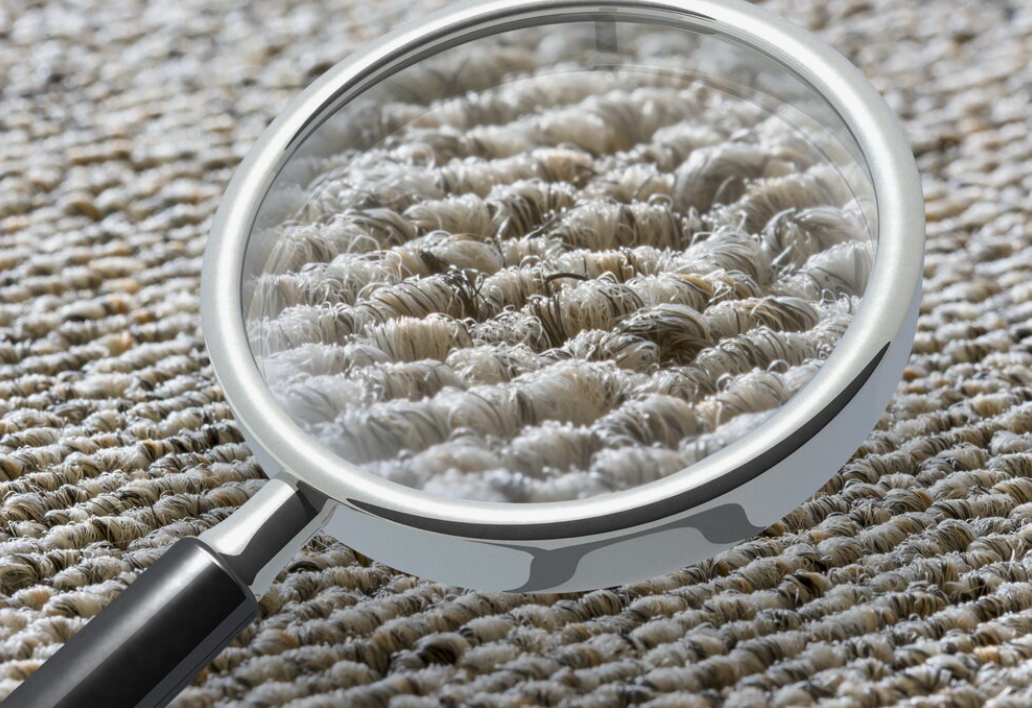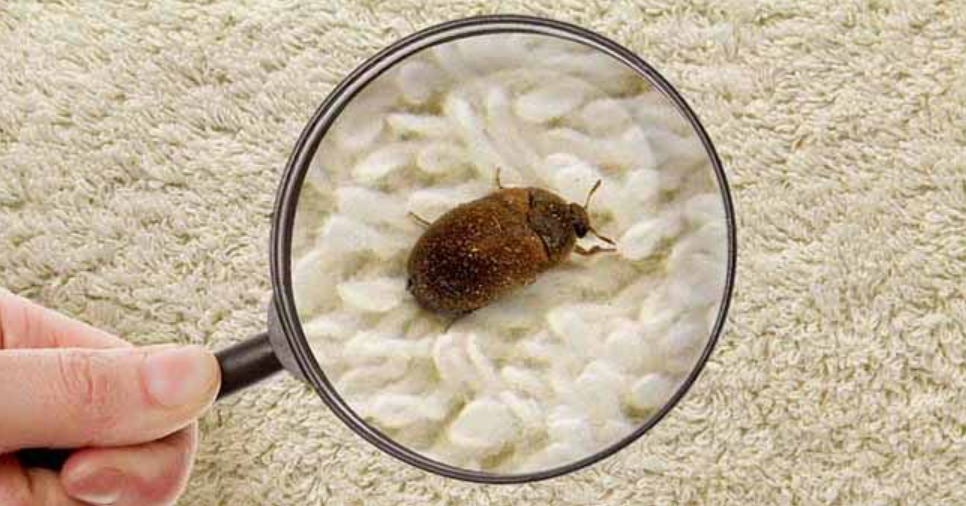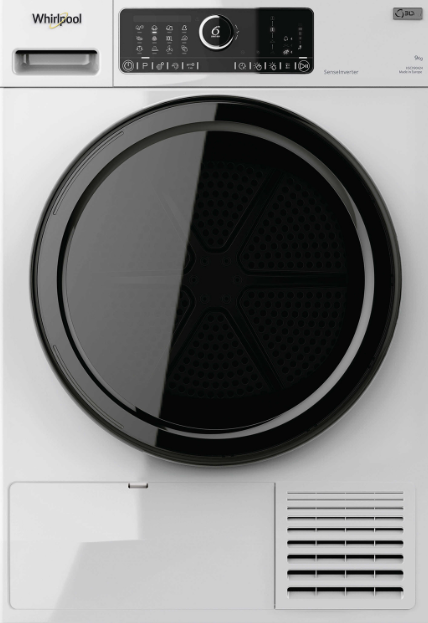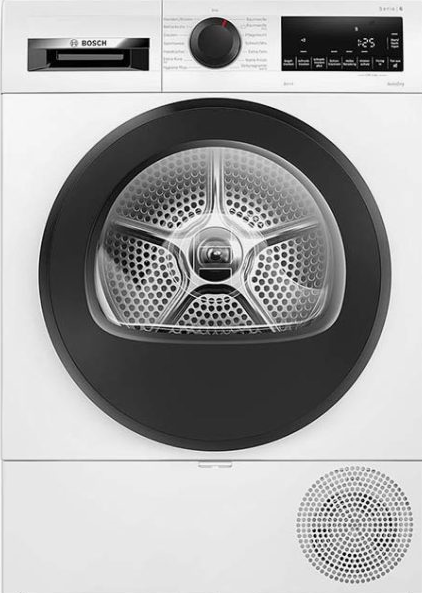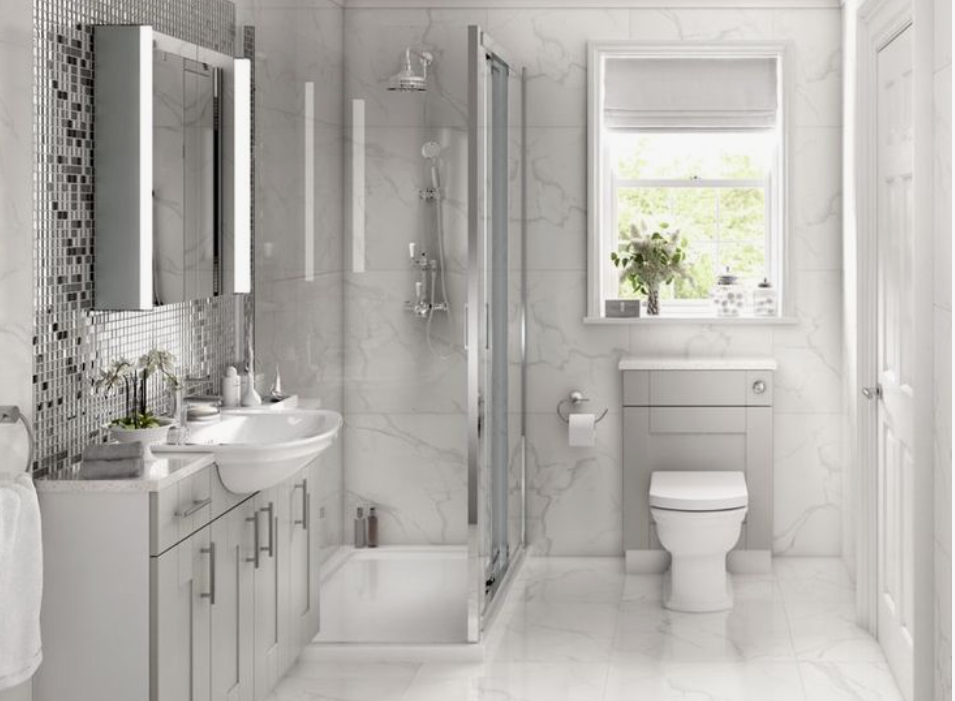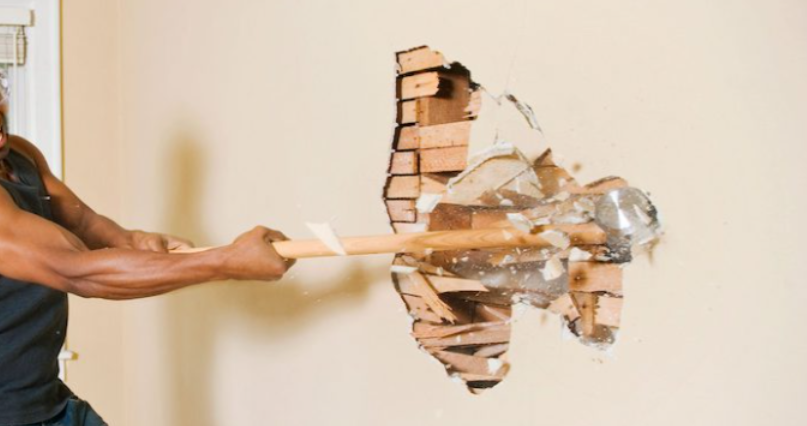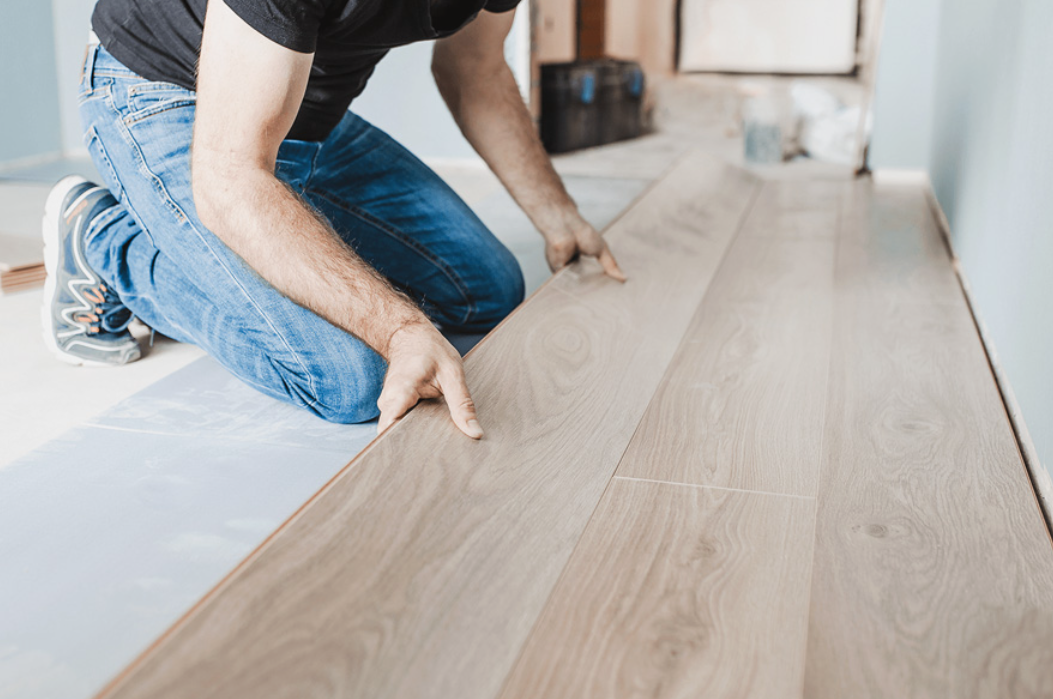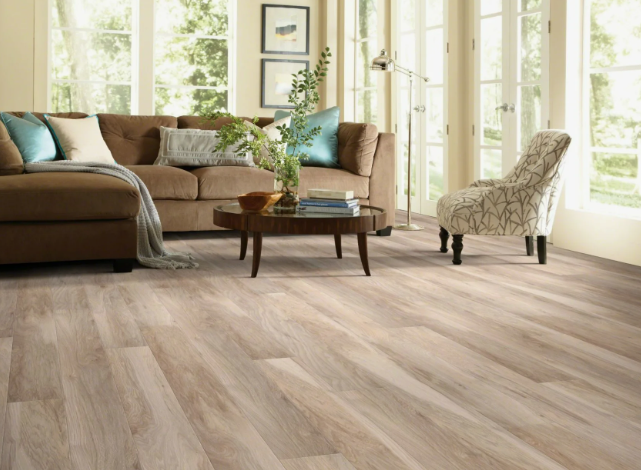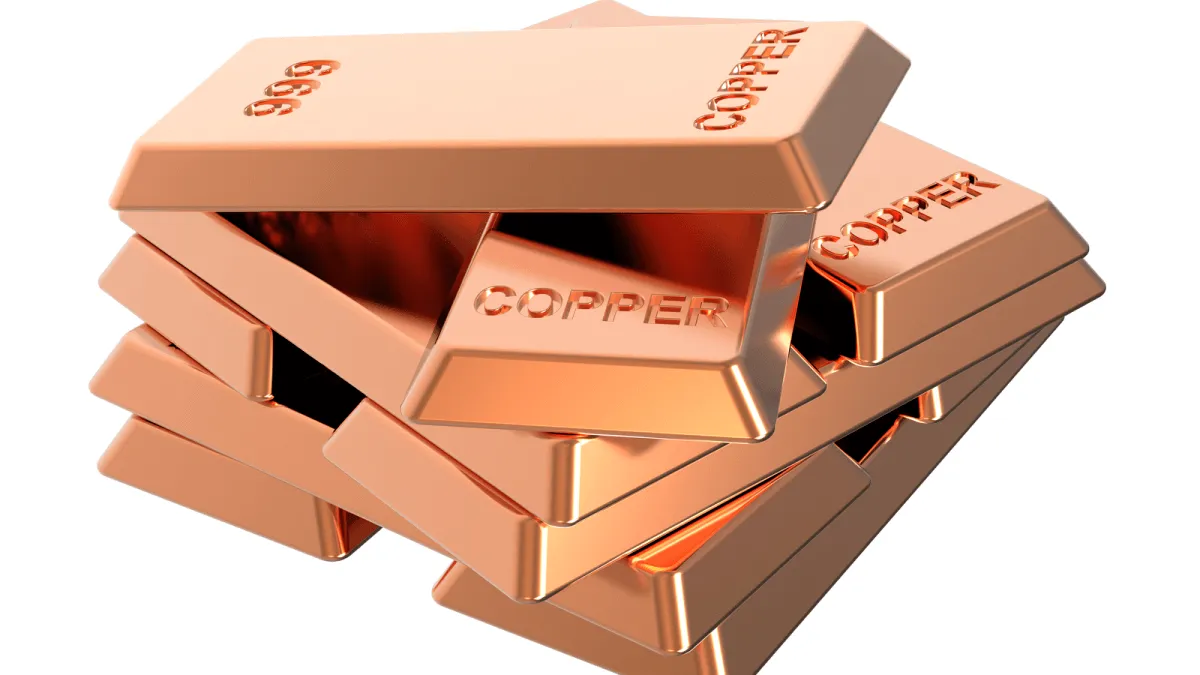
Copper is 3rd most mined metal in the world. Copper has been used for thousands of years and is so widespread that we use it on a daily basis without even noticing it. The ancient Egyptians used copper to disinfect wounds and surgical tools. The earliest copper alloy weaponry dates back to the mid-fifth millennium B.C. Copper is an essential part of our lives, as it fulfills our biological and physical needs. It is evident from the fact that we even need 1.2 milligrams of copper daily to help enzymes transfer energy inside our cells.
Copper's distinctive properties make it an essential material for urban and industrial development as society addresses the challenges of climate change, energy efficiency, and raising living standards for the world's growing population.
At industrial levels, it is also a very useful metal and is well-known for its electrical and thermal conductivity. Copper and steel are widely regarded as the world’s most important industrial metals.
As the world seeks to decarbonize, copper is emerging as one of the key beneficiaries of green-focused infrastructure plans in the United States, China, and Europe, and it is playing an increasingly important role in the global energy mix, both in terms of reducing emissions and advancing the development and deployment of green, renewable energy.
This blog will highlight the importance and widely used nature of copper in our lives!
What Are the 10 Uses of Copper?
There are probably more copper or copper-based alloys around you than you realize. This is because copper alloys vary in color and shade depending on their composition. Here’s a list of things we use in our daily lives that are made from copper! Things made of copper are very common in our daily lives!
- Copper is a good material for kitchen sinks because it is corrosion-resistant and has antimicrobial properties. Pure copper, on the other hand, is out of the question for those who dislike patina. They prefer copper alloys that tarnish and develop patina more slowly.
- Copper is extremely ductile and can be formed into thin sheets or plates that are ideal for covering tables and counters. Copper’s antimicrobial property makes it ideal for the cover of tables and counters, as these are high-touch surfaces.
- Copper is also an excellent material for accessories. Even in ancient times, those who could not afford gold jewelry wore copper jewelry instead. Because of its ductility, it also provides design flexibility.
- Perhaps you have not noticed, but the majority, if not all, of the doorknobs and pull handles you have ever used are made partially of copper. They can only be made of bronze or brass.
- When you are on the train, on a balcony, or on the stairs, chances are you will grab the nearest copper-based railing. Railings, like table tops, are frequently touched surfaces, so they should be made of an antibacterial metal. Copper railings could be a good choice, and they are mostly seen.
- Have you ever noticed which metal your pliers, screwdrivers, and other handheld tools are made of? Their physical characteristics clearly indicate that they are made of copper. Most of them are made up of beryllium copper, a non-sparking and non-magnetic alloy that works well in hazardous environments.
- Copper alloys are also valued for their acoustic properties. Brass, a copper-zinc alloy, is used to make musical instruments. There are so many brass-based musical instruments that an entire subset of them is named brass.
- Copper's high electrical conductivity makes it the safest and most efficient material for wire cores. When conducting high voltages, it does not burn up like silver and is therefore highly used in industry and at home.
- Copper's antimicrobial property is useful yet again, this time in filtration applications. Pipes used to transport water or substances that require zero-level contamination are frequently made of copper alloys.
- A copper gutter is a nice addition to your roofing system. It lasts longer, repels mold and mildew, and is appealing. However, because copper is more expensive than galvanized steel, you must be prepared to spend more money.
These uses show which common item is made from copper! And it is not only one or two things; copper is almost in everything!
What Are the Five Things Copper is Used For?
Copper is the world’s 3rd most used metal, and it has many uses, from jewelry and coins to electronics and construction. Beyond that, it is used in almost every field. Wondering what are the five uses of copper?
Following are the main five uses of copper!
Medical Uses of Copper
Copper plays an important role in the field of medical sciences due to its priorities. It is used in the manufacture of diagnostic equipment such as MRI and X-ray machines, as well as hospital beds, tables, and other furniture.
Industrial Uses of Copper
Copper is also widely used in industry due to its electrical conductivity and resistance to corrosion. It is frequently used in the manufacture of wires, pipes, and tubing for plumbing systems, machinery parts, electrical circuit boards, and transformers that transfer electricity from one voltage level to another.
Uses of Copper in Everyday Life
Copper is everywhere in our lives. From jewelry to pots, it can be seen everywhere. It is often used to make jewelry because of its attractive and elegant appearance when polished or shaped into intricate pieces. As it has a low melting point and is ductile in nature, it is also found on coins or other small objects like keychains. Copper can be found on cookware such as pots and pans because it conducts heat quickly and evenly while still being durable enough not to warp at high temperatures. The list of copper usage in our daily lives goes on and on!
Making Cables for Fast Data Transmission
Most commonly, copper is used in data cables. With the rise of high-speed internet, copper cables have become critical for quickly and reliably transmitting large amounts of data.
Copper Pipes for Plumbing Systems
Another important use of copper is in plumbing systems. Copper pipes are widely used in plumbing systems due to their resistance to corrosion, durability, flexibility, strength, and ease of installation.
What Items are Pure Copper?
Pure copper is also used for many purposes. The water pipes in your house are probably made out of copper, and the wiring in your walls probably uses pure copper wire to ensure maximum conductivity.
Pure copper also offers shielding against unwanted external electromagnetic waves and helps prevent internal electromagnetic waves from emitting and interfering with other circuits or devices. Faraday cages made of copper screens can help protect against EMI and RFI.
Pure copper is also used in the manufacture of integrated circuits and printed circuit boards due to its superior electrical conductivity. Other copper-based electronics include heat sinks, heat exchangers, electromagnets, vacuum tubes, cathode ray tubes, magnetrons in microwaves, and more.
What are the Most Common things made of copper?
Electrical wires and motors are the most important and common things made from copper. This is due to its excellent conductivity of both heat and electricity and its ductile nature, which allows it to be drawn into wires. Other common things manufactured by Copper are roofing, plumbing, and industrial machinery.
Why is Copper Used for Most Electrical Wiring?
Copper, as we know, is widely used in electrical wiring. But a question arises: Why is copper used for electrical wiring?
Let's find out! Copper is highly conductive, as it has higher conductive properties. The high conductivity properties of copper allow electrical current to flow without interruption. Companies create longer, better-performing electrical wires using copper instead of most other conductive metals. It is also relatively cheaper than any other metal, so it is preferred over other metals like gold, which, for example, has excellent conductive powers but is extremely expensive. Therefore, it is preferred.
Secondly, it is ductile in nature. Copper can be bent and flexed to some extent without breaking or becoming damaged. Electrical wires frequently pass through walls, floors, ceilings, and other small spaces. As a result, they naturally have to bend and make their way around the home or building in which they are used. Copper electrical wires can bend and flex due to their ductile properties. They will continue to transmit electricity and will not suffer any power loss due to shape deformity.
The last thing that makes it the best is that copper is fire resistant as it has high tensile strength and is extremely resistant to high temperatures. Therefore, choosing copper is a good investment for electrical wiring purposes.
What are the Top Industrial Uses of Copper?
TheCopper Development Association (CDA) states that the major areas of industry where copper is utilized are:
- Electrical: 65%
- Construction: 25%
- Transport: 7%
- Other: 3%
Industries That Use Copper Metal Stampings in Their Products
- Plumbing Fixtures
- Architectural Lighting
- Electronics
- Aerospace
- Decorative Applications
Major Industries that use Copper:
Electrical Industries
Stamped metal parts serve a wide range of needs in the electrical and power industries alone. Clips, cups, covers, fasteners, and even sensitive electronic assemblies are among the precision products made from detailed stamped metal parts.
Construction Industries
Construction environments necessitate toughness and durability. Harsh conditions, aggressive use, and high wear are all expected. Custom metal stamping combines accurate, repeatable manufacturing processes with these specific needs. Stamped parts are long-lasting, resist temperature strains, nullify the threat of rust or corrosion, and offer high-strength alloy material choices for heavy lifting.
Hardware Industries
Stamped metal parts meet commercial and residential hardware needs, such as doors, shelves, and cabinets, as well as lighting fixtures and custom switches. Nuts, bolts, screws, hinges, and washers are just the beginning of the list, which includes several other items as well.
Appliance Industry
The appliance industry demands an equally complex suite of parts and components for a number of appliance types, including ice machines and freezers, microwaves, toaster ovens, standard ovens, ranges, cooktops, fridges, AC units, etc. Metal stamping's custom finishing solutions are an especially effective fit for appliance work. The resulting components are reliable and precise, and have the appropriate polish for finished projects.
Why is Copper Ideal for Industrial Use?
Copper is used in virtually all electrical wiring; it is the second most electrically conductive metal aside from silver, which is much more expensive. Therefore, copper is preferred over it. Apart from its wide availability and inexpensiveness, it is malleable, very flexible, and has strong wires, making it ideal for use in electrical infrastructure. Copper is also used in heating elements, mechanical motor parts, renewable energy, internet lines, and electronics.
Copper has also been used in construction for centuries. Copper is still used in architecture today because of its corrosion resistance, ease of workability, and attractiveness; copper sheets make a beautiful roofing material and other exterior features on buildings. Copper is used on the inside in door handles, trim, vents, railings, kitchen appliances and cookware, lighting fixtures, and more. Copper has antimicrobial and antiviral properties, and it inhibits the growth of bacteria, viruses, and other pathogens. Because of these properties, copper has become a standard for potable water piping in the developed world.
Aside from the copper wiring used in the electrical components of modern cars, copper and brass have been the industry standards for oil coolers and radiators. Copper alloys are used in the locomotive and aerospace industries as well.

About Author : Eagan Taylor
Hey! I'm Eagan Taylor, I'm a versatile writer with a passion for crafting engaging and thought-provoking content. With a broad range of interests and expertise in various subjects, I can write on multiple topics about local businesses.
